ARDA, UN Women Urge Journalists To Project Women To Participate In Leadership Positions Through Their Reportage
Posted on November 2, 2024
CYRIACUS IZUEKWE
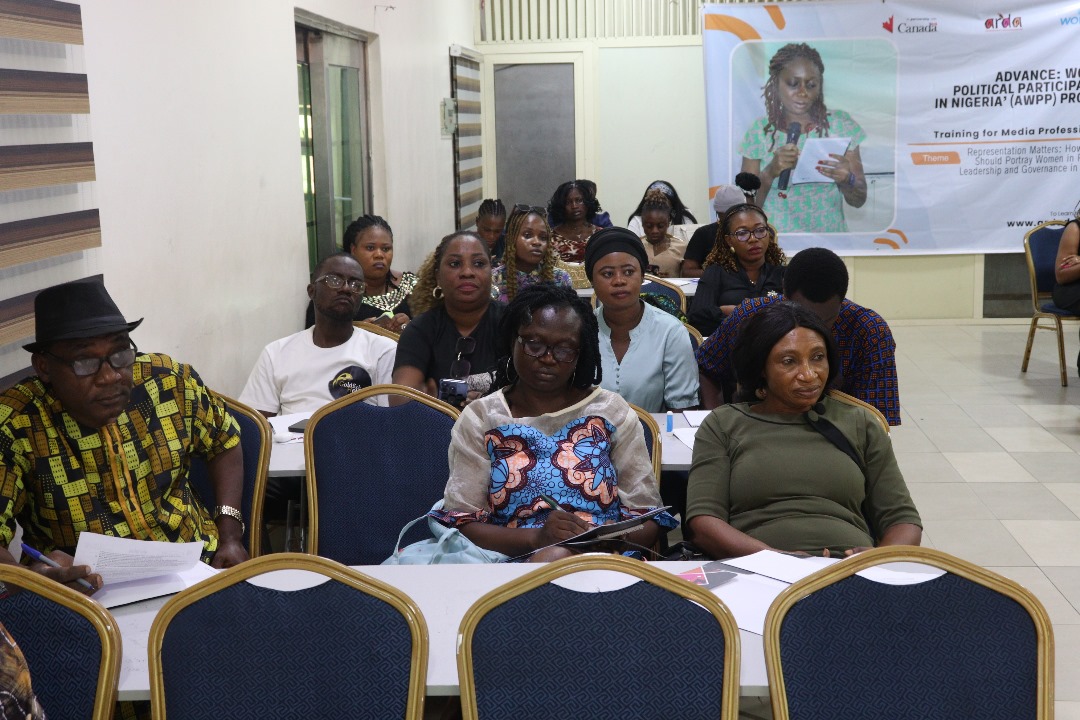
A non-governmental organization, known as ARDA, in partnership with the UN Women and Canada Government, has called on journalists to encourage and project women in order to aid their participation in political leadership positions in Nigeria.
P.M.EXPRESS reports that the group stated this during a one-day media capacity-building training on Wednesday, 30th October, 2024, in Lagos State.
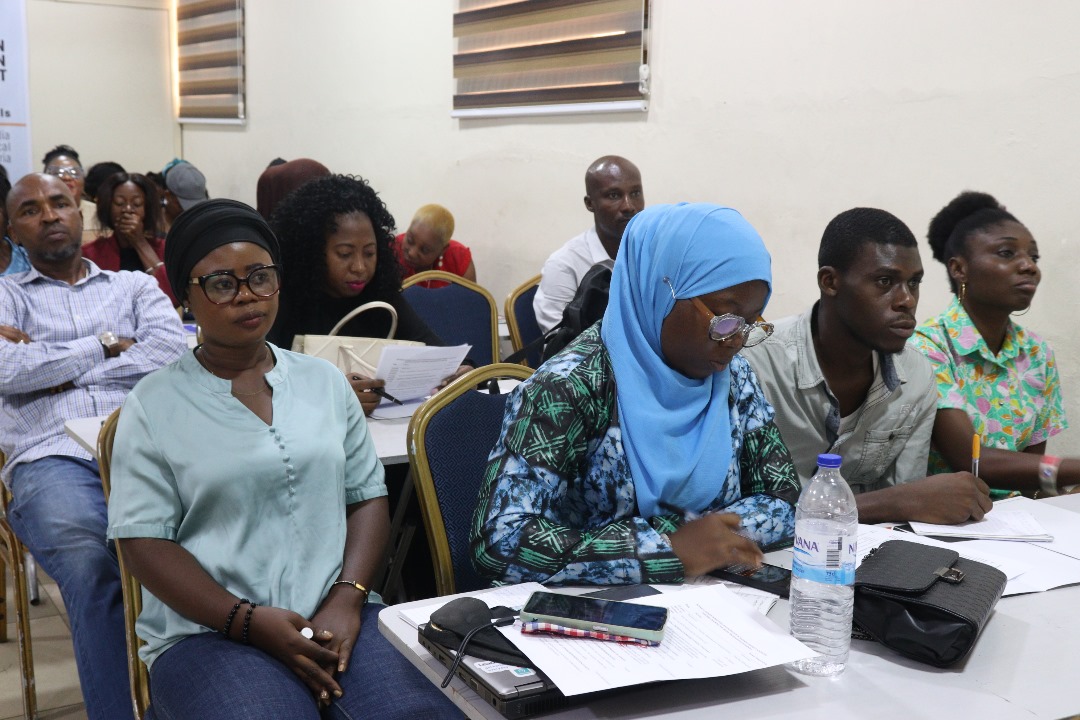
The Women Political Participation in Nigeria (AWPP) project, is in line with the mission of ARDA and UN Women, seeking to improve the inclusion of women in political leadership and government across appointive and electoral positions.
The call came to bear following the low turnout of women in political leadership roles in the upper and lower chambers of the Nigerian government compared to their male counterparts as shown by statistics.
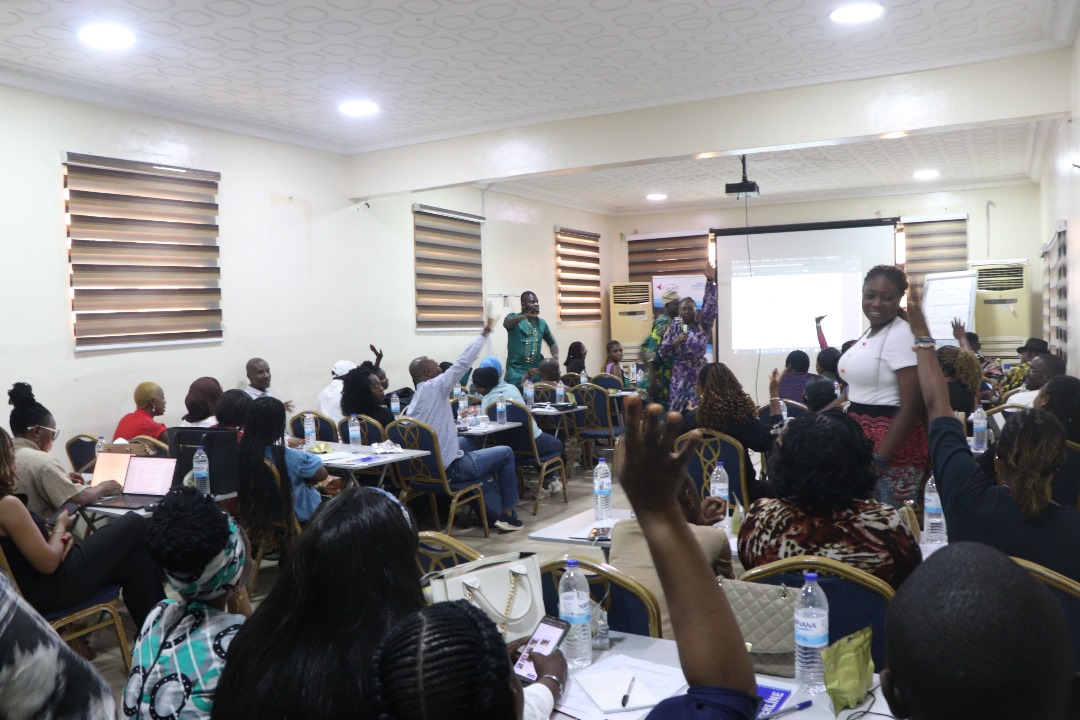
The manual on ‘How Media Should Portray Women in Political Leadership and Governance’ by AWPP encompasses ways to campaign strategically devoid of bias or stereotypes.
Mrs. Jesudunsin Odusanya, who gave an overview of women’s representation in political leadership and governance in Nigeria (elective and appointive), noted that the percentage of women to men in political offices has a very wide margin, mostly dominated by men, with poor representation of women in the upper and lower chambers of the government.
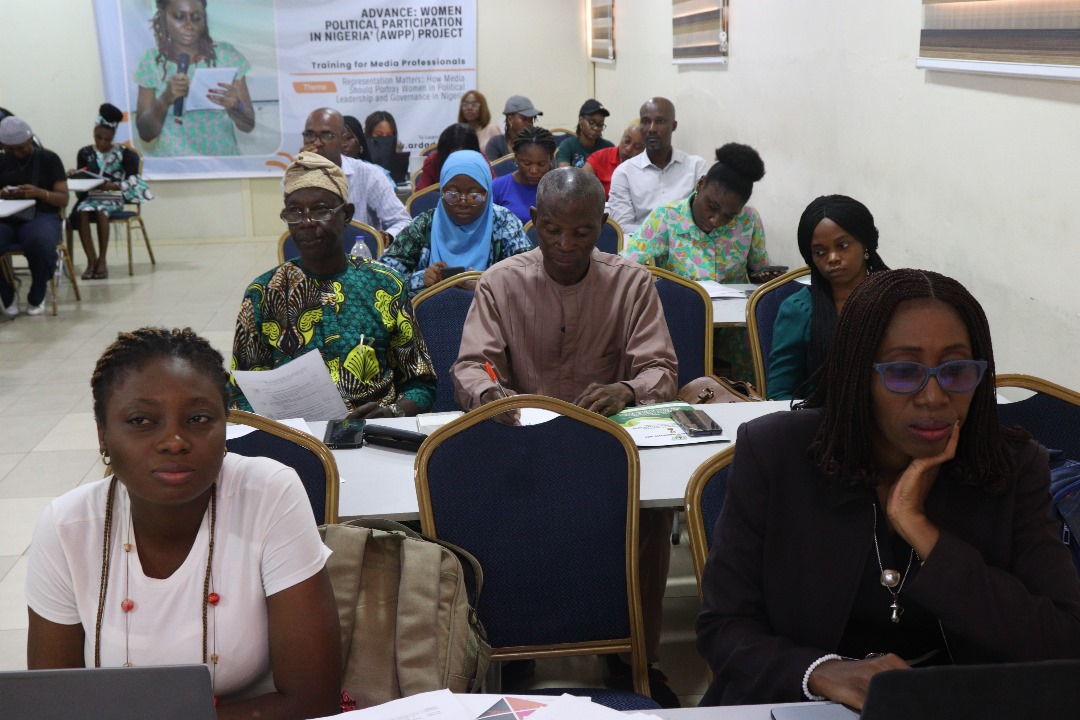
This, she said, showed that the level of women’s participation is poor, hence the need to encourage women’s participation by positive projection, not criticism or devaluation.
The media plays a vital role to drive and inspire women’s participation.
Looking at some of the causes of the low turnout on political participation of women, Mrs. Jesudunsin charged journalists to drive trends that address the factors affecting aspiring women in politics, which include the unaffordability of capital to run for a leadership position, religious bias, unconscious bias, lack of family support, intimidation, sexual harassment, and threats, among other factors.
“The role of the media in agenda setting and influencing policy change to advance women’s representation in political leadership and governance across elective and appointive positions should be devoid of gender discrimination, gender bias, and stereotyped methods of reporting. Instead, the reports should have connotative expressions to promote gender equality and equity, the creation of inclusive and diverse media content, media ethics and responsible reporting, avoiding harm and sensationalism, etc.” she posited.
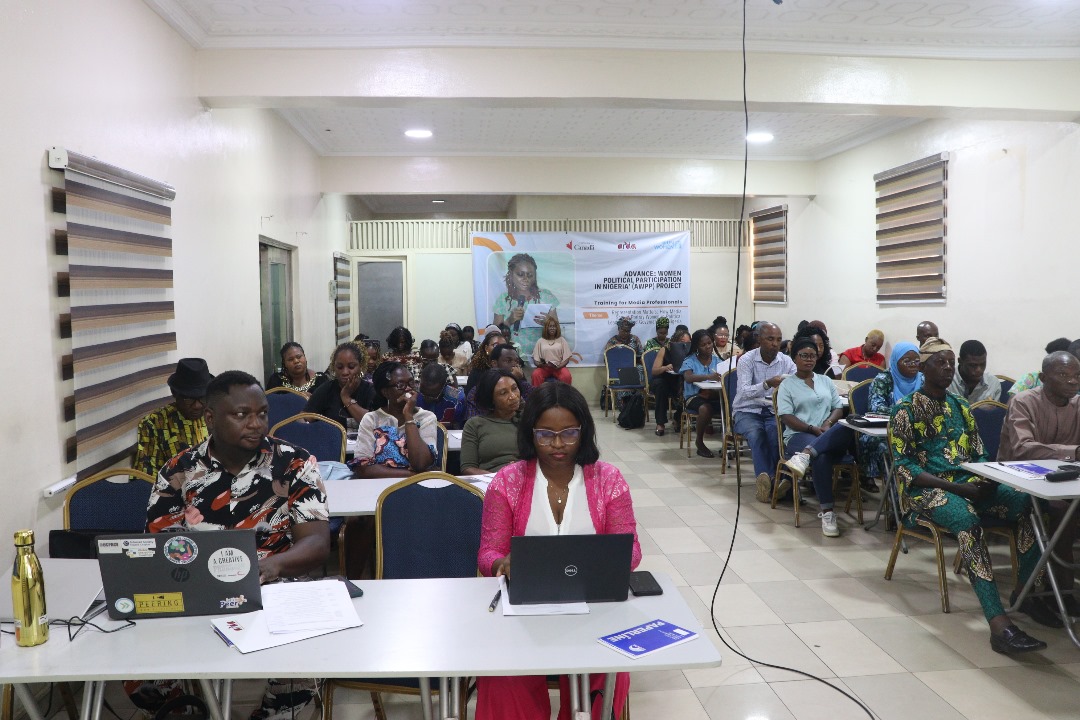
Adebisi Adetunji, a media and development communications professional, stated during an interview with the press that it is biased to think that female leaders assert authority over male subordinates, hence the lack of support.
“While it feels natural when a male leader corrects his subordinates; why not retain the same feeling for female leaders in authority too?
“Acting in the capacity of leadership as a male or female is not to be compared. Allow her to do her job like anyone else will do.”
Adebisi advised that there is a need for mentorship; a woman in leadership should make room for other women to fit in.
Politically, Adebisi said, assuming insignificant roles, like welfare secretary, leaving only male folks for leadership seats should be addressed. The political parties should be forward-thinking and open to more women taking on senior roles, not the prototype kinds of roles. The campaign strategy of pushing women to the forefront to gain momentum, then relegating them to the background when all is set should not be encouraged.
“Media professionals can also consciously address unconscious bias, stereotypes, and harmful gender norms that pose barriers restricting women from taking up leadership and governance positions”, she noted.
In conclusion, developing a gender sensitive reporting style, creating an action plan for promoting women’s political participation, building relationships with women politicians and leaders to increase women’s participation and presentation was presented as an action plan for the media to propel women to take up political leadership roles alongsides men.
The event was attended by journalists from the various media houses including the online and social media influencers who agreed to work to promote women’s participation in political positions.










